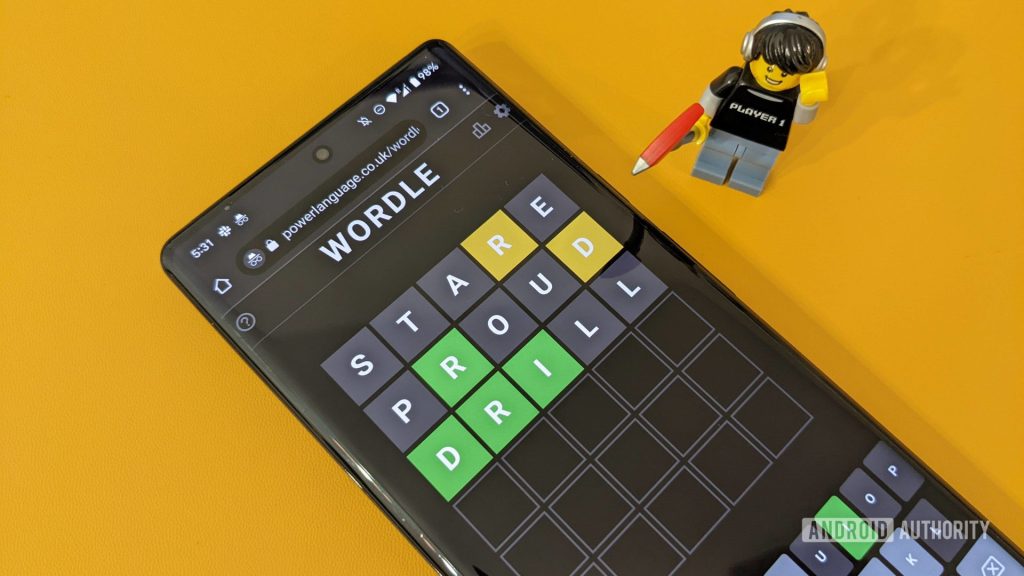Without a doubt, you’ve heard of Wordle by now. Anyone who uses Twitter has likely seen the assortments of yellow and green blocks filling up their feed as users race to share their scores and let their friends know how quickly they worked out the current puzzle. As a result of the game’s simplicity and fun, rip-offs by people trying to make some money have sprung up.
Right now, Wordle is free. The game is available for free on any PC, phone, or tablet. Many steps have been chronicled on the internet about how it came to be and how it became so popular. It was a passion project and inventor Josh Wardle built it with no actual plans of making money, therefore he didn’t trademark it.
Unfortunately, this led to many copycats of the game appearing on app stores to try and cash in on its popularity. Not only did these apps outright steal the Wordle name, but they promised that for a cost, players could gain extra perks such as unlimited plays. One touted its “excellent customer support.”
For a while, it appeared as though this would be an illustration of how individuals can spoil a wonderful thing. The most obvious clones were then deleted from Apple’s App Store. There are still a few games with the same name, but unlike the clones that were removed, these games at least play differently.
However, seeing techies try to profit from someone else’s surprise success of a free game was immensely frustrating, given the nature of video games. For example, it’s possible that the initial Pong from Atari was a rip-off of the Magnavox Odyssey. It’s not that word association games like Wordle aren’t popular; it just happened to be the one everyone was interested in. As a result, Apple has deleted these clones, and word of mouth about them has spread swiftly, so hopefully not too many people were scammed.







